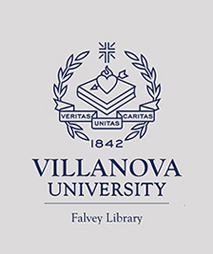Introduction to this Special Issue Continuously evolving to bridge significant gaps in our understanding of complexity
##plugins.themes.bihistory.article.main##
Abstract
Although complexity plays a significant role in big history, substantial gaps persist in our comprehension. While the papers in this issue do not provide definitive answers to these gaps, they contribute to the ongoing discussion on how to address these issues and propose potential pathways for resolution. These gaps encompass measurement, focus, organization, relevance, consistency, and interpretation. While there may not be unanimous agreement on the specific direction to take, the academic discussions evident in these papers aim to elucidate the issues and foster understanding within the expansive and diverse scientific community.
##plugins.themes.bighistory.article.details##
Section
Articles

This work is licensed under a Creative Commons Attribution 4.0 International License.
Authors who publish with this journal agree to the following terms:- Authors retain copyright and grant the journal right of first publication with the work simultaneously licensed under a Creative Commons Attribution License that allows others to share the work with an acknowledgement of the work's authorship and initial publication in this journal.
- Authors are able to enter into separate, additional contractual arrangements for the non-exclusive distribution of the journal's published version of the work (e.g., post it to an institutional repository or publish it in a book), with an acknowledgement of its initial publication in this journal.
- Authors are permitted and encouraged to post their work online (e.g., in institutional repositories or on their website) prior to and during the submission process, as it can lead to productive exchanges, as well as earlier and greater citation of published work (See The Effect of Open Access).



